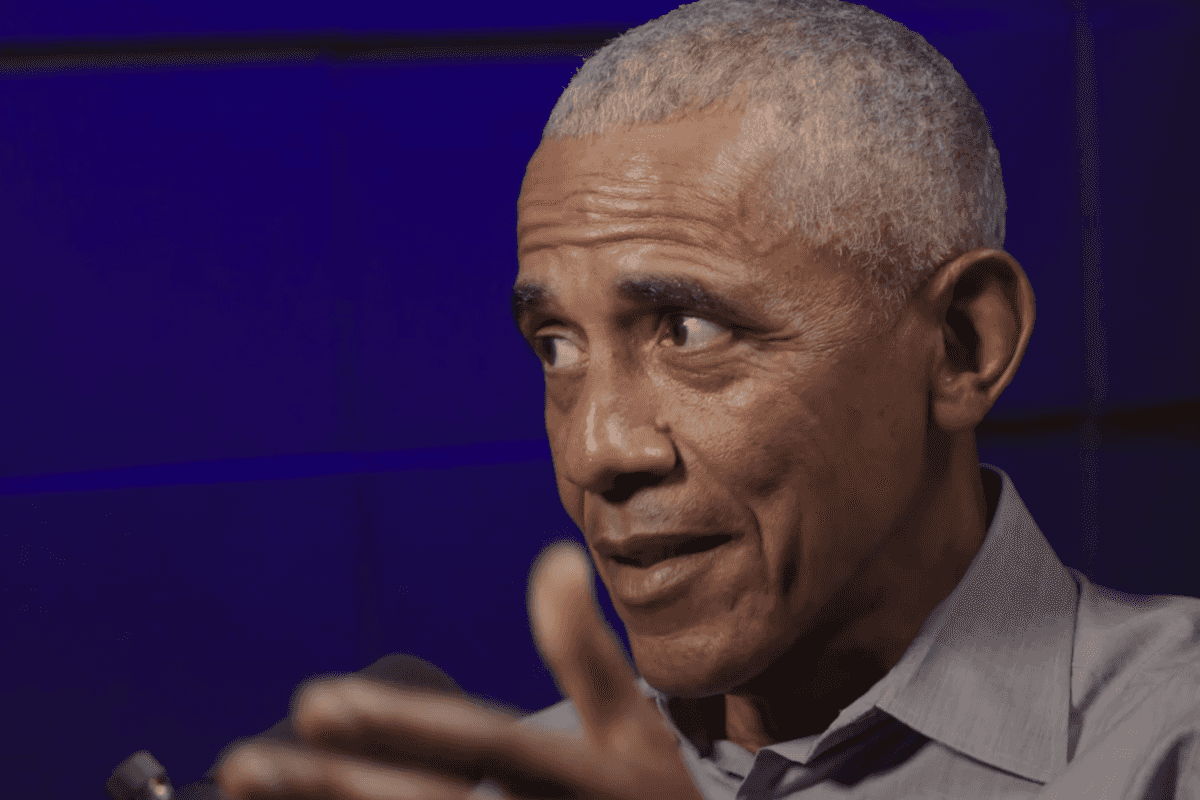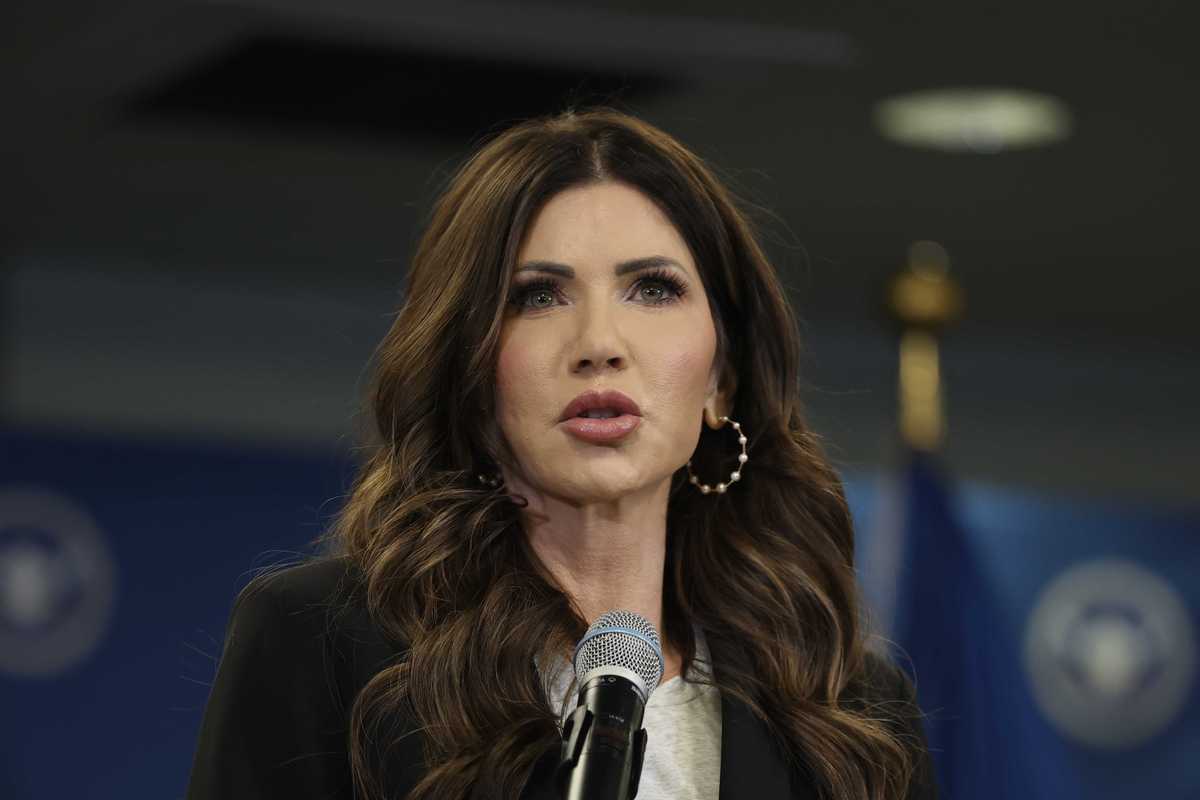News
As millions of schoolchildren across England and Wales break up for the summer over the coming days, a few hundred, the vast majority girls, are full of dread. These are the victims of forced marriage, a tradition that is spreading across the country, and spreading fear in its wake.
Last summer the Forced Marriage Unit (FMU) – a joint task force run by the Home Office and Foreign Office – dealt with almost 500 of their 1,200 annual suspected forced marriage cases between June and September, making it their busiest time of year.
This summer looks set to be no different. Lucy Monaghan, joint head of the FMU, told The Independent:
For the past two weeks there’s been a sudden spike in calls and it’s where people are starting to mention that they’re going on holiday this summer or they might be attending a wedding and schools have started to pick up on it.
What's more, the victims of forced marriage – and some who manage to escape it, too – are being failed by the services they most desperately need.
Social services, police and schools still often miss the signs of forced marriage and can put victims at further risk through improper handling of cases, research by the Henry Jackson Society (HJS) and further investigation by The Independent has found.
More than a year after a new law criminalising the practice, there has been just one prosecution for forced marriage, despite more than 1,200 potential cases being discovered every year.
No religion advocates forced marriage; the issue is a cultural one. While Muslim women and girls make up the majority of victims, a significant number come from other minority groups, including Sikhs, Hindus, Orthodox Jews and Roma families. Men can be victims too – particularly gay or bisexual men whose families hope to entrap them into rejecting their sexuality through marriage.
Services are ill-prepared to deal with these crimes and frightened of causing cultural offence, the HJS report shows. Survivors said they felt “let down by professionals in social services and schools” because they failed to identify the risks or intervene in cases of forced marriage.
Some of those who escaped forced marriage and spoke out to police and social workers were encouraged to return to the families that endangered them, despite explaining their grave fears.
Several also reported receiving no emotional or practical support from the professionals they went to for help – and that professionals put them at further risk by failing to take immediate action.
The Henry Jackson Society is calling on the government to do more to assist girls in the perilous situation.
Forced marriages in numbers:
- 47% of victims helped by the Forced Marriage Unit originally came from Pakistan, 11% from Bangladesh and 8% from India
- 500 of the 1,200 cases dealt with by FMU each year come in June to September
- 25% of the FMU cases concern forced marriages within the UK
If you think you know anyone who may be at risk being forced into marriage or trapped in one, follow the advice here.
More from The Independent: Forced marriage: The warning signs
Top 100
The Conversation (0)













